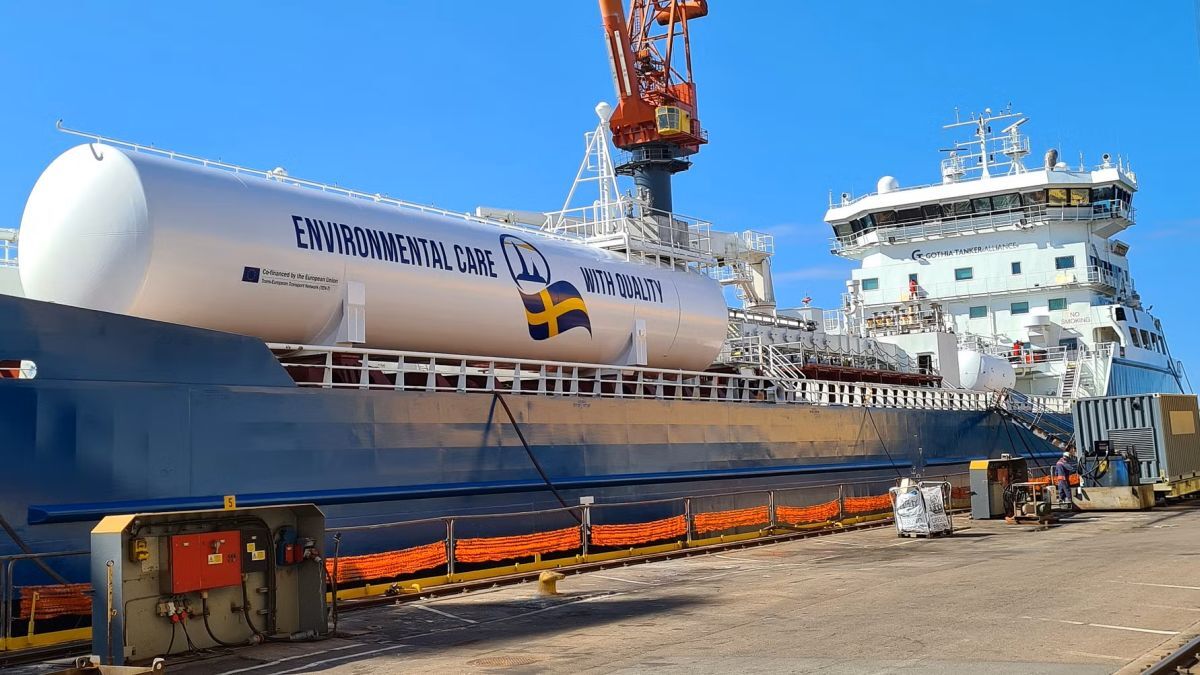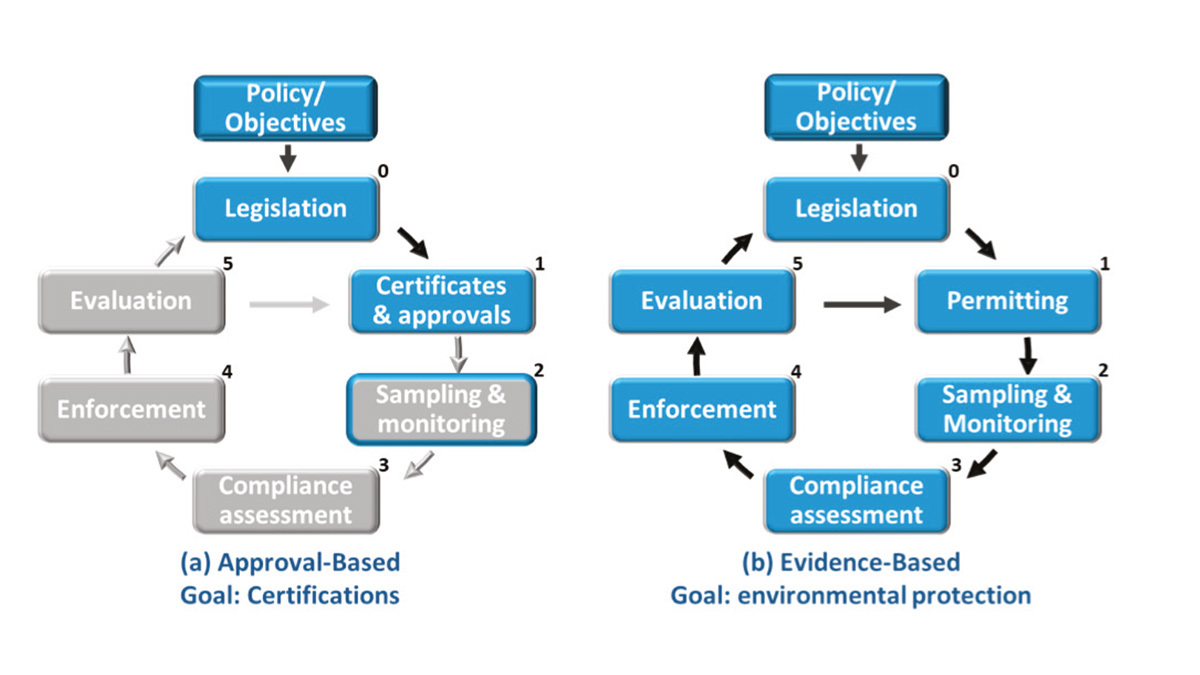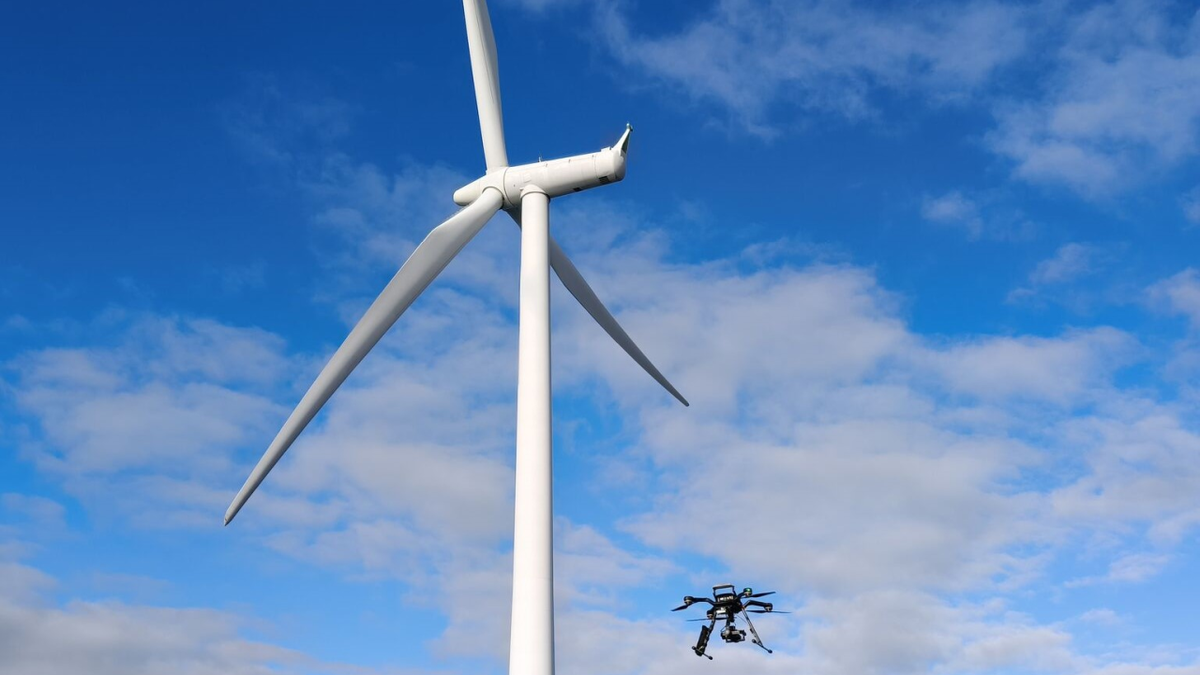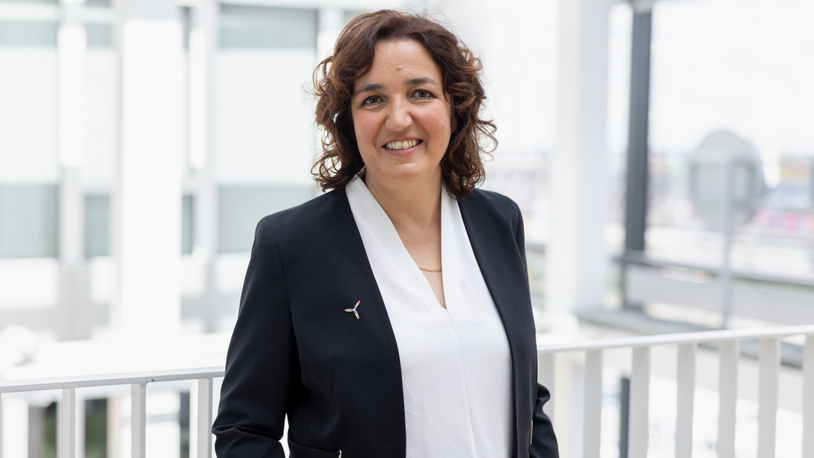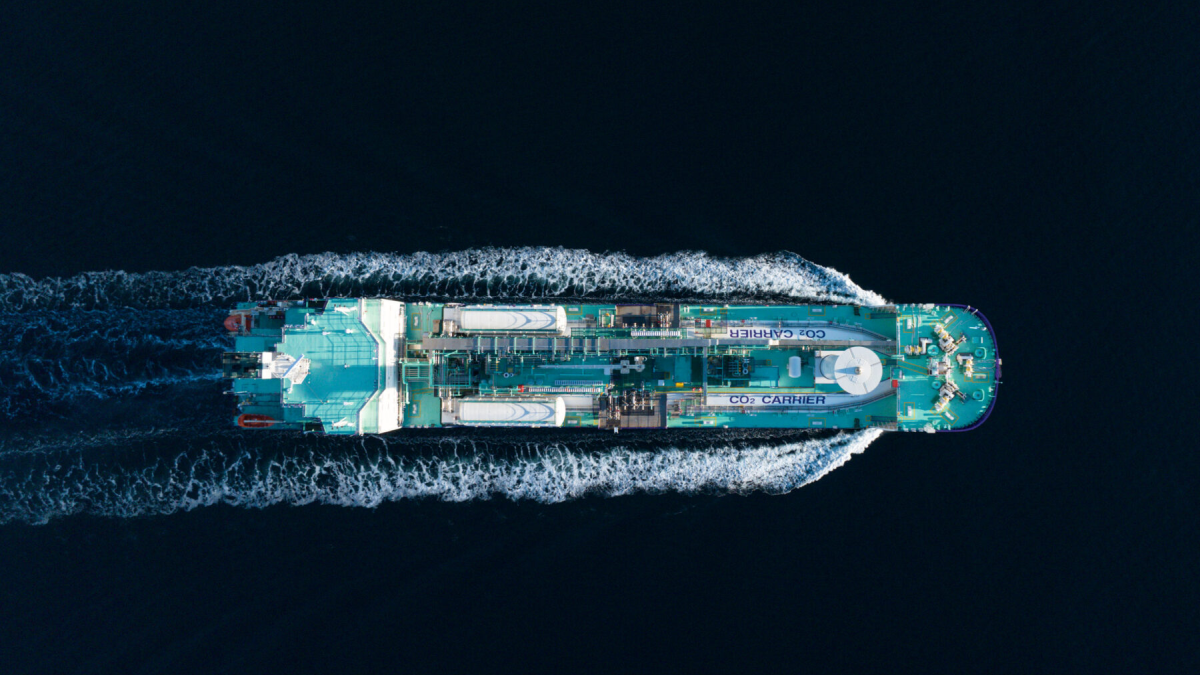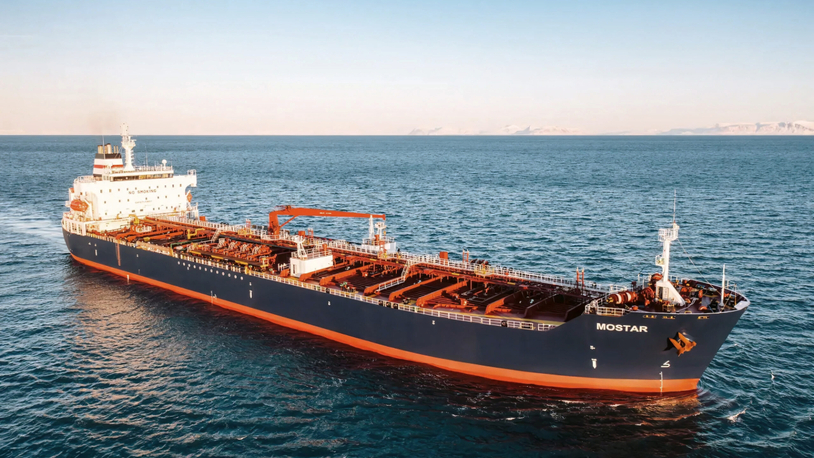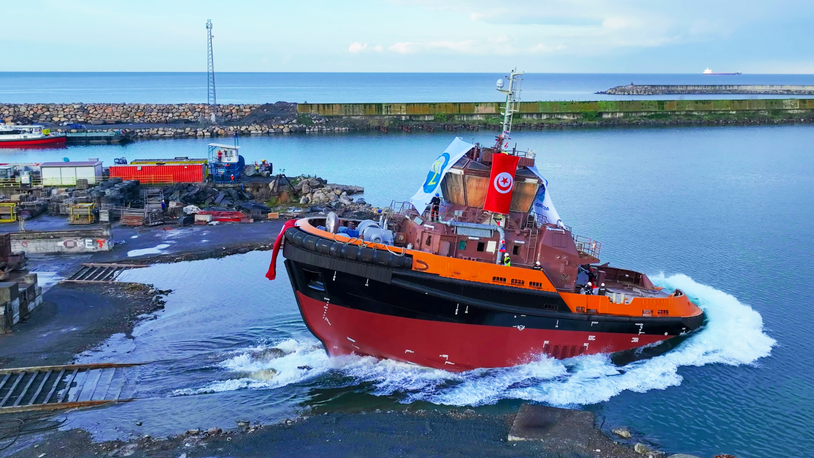Business Sectors
Events
Floating energy: successfully unlocking stranded gas using FLNGs and FSRUs
Contents
Register to read more articles.
Mass balance biogas enables Furetank fossil-free operations
Furetank moves its EU fleet to mass-balanced biomethane, citing 150–200% well-to-wake savings are within reach, enabled by FuelEU Maritime accounting rules
Furetank believes it is close to entering a fossil-free era of tanker operations, noting that biomethane, when sourced from manure or similar by-products, can deliver a 150–200% reduction in well-to-wake greenhouse gas emissions.
Coupled with mass balance accounting, it now makes those savings usable in day-to-day tanker operations.
Under FuelEU Maritime, certified biogas can be injected into one part of the European gas grid and withdrawn in another; the accounting system matches what goes in with what comes out, in the same way green electricity is accounted for.
The company stated it has signed an agreement covering all biomethane needed to operate wholly and partly owned gas-fuelled vessels trading in the EU during 2025, with most ships already bunkered for the transition.
“This was our target when we converted our first vessel to gas propulsion in 2015. It is remarkable that we have finally reached the point we have worked for and talked about for so long. At last, the right incentives are in place to make the business case possible,” said Furetank sustainability strategist Viktoria Höglund.
Furetank links the 150–200% figure to the way certain biogas pathways avoid and remove emissions across the chain: preventing methane release from decomposing waste, displacing fossil fuel use on board, and returning residues as organic fertiliser that avoids emissions from synthetic fertiliser production.
The company said FuelEU Maritime, effective from the start of this year, enables accounting for mass-balanced biogas so that certified volumes can be used without physical delivery to each bunkering point.
Agricultural group Cargill produces the biogas from waste, while Titan Clean Fuels liquefies and delivers mass-balanced liquefied biomethane.
“What makes this agreement stand out is its scale,” said Cargill bioLNG, biomethane, FuelEU manager Willem Olde Kalter.
Titan Clean Fuels client manager Lana Sissing said, “This is a perfect demonstration of all players in the supply chain working together to make a pioneering deal happen. The security of this product, with end-to-end transparency as the gas is produced in Europe, means the entire production chain can be verified and certified.”
Furetank adds that about 10% of total fuel consumption cannot be powered by biomethane, citing the pilot fuel used to ignite gas engines and the electricity for cargo pumps.
It is trialling HVO100 renewable diesel, supplied by ScanOcean, as pilot fuel and said shore power is now available for pump operations across its fleet where ports provide the connection.
“This means we have done everything currently possible to enter the fossil-free era. In this way, we demonstrate the 2050 targets are within reach in the immediate future, through the incentives put into force,” said Ms Höglund.
Riviera’s Tankers 2030 Conference, Singapore will be held 19-20 November 2025. Use this link to register your interest and attend the event.
Related to this Story
Events
Floating energy: successfully unlocking stranded gas using FLNGs and FSRUs
© 2024 Riviera Maritime Media Ltd.


